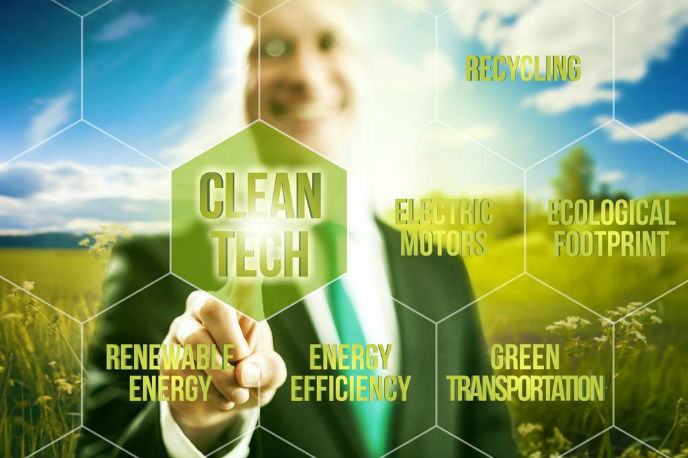Clean technology, often referred to as cleantech, has become a crucial aspect of our modern society. As we continue to face environmental challenges such as climate change and resource depletion, the need for sustainable solutions is more pressing than ever before. Clean technology encompasses a wide range of innovative practices and products designed to minimize negative impacts on the environment while promoting economic growth.
One area where clean technology has made significant advancements is in renewable energy sources. Solar power, wind energy, hydropower, and geothermal energy are all examples of clean alternatives to traditional fossil fuels. These technologies have proven to be not only cleaner but also increasingly cost-effective over time. The widespread adoption of renewable energy has helped reduce greenhouse gas emissions and decrease our dependence on finite resources like coal and oil.
Energy efficiency is another crucial aspect of clean technology. By improving the efficiency with which we use electricity and other forms of energy, we can significantly reduce waste and lower our carbon footprint. This can be achieved through various means such as upgrading buildings’ insulation, using smart appliances that consume less power when idle or not in use, or implementing advanced lighting systems like LED bulbs.
Transportation is an industry that heavily relies on fossil fuels but presents immense opportunities for clean technology innovation. Electric vehicles (EVs) have gained popularity in recent years due to their zero-emission nature and improved battery technologies that offer longer driving ranges. Additionally, advancements in autonomous vehicle systems hold promise for reducing traffic congestion by optimizing routes and minimizing idling time.
Another crucial aspect of clean technology lies within waste management practices. Recycling programs have long been promoted as a way to reduce landfill waste; however, new technologies are emerging that allow for more efficient recycling processes while recovering valuable materials from discarded items. Moreover, innovations in waste-to-energy conversion enable us to generate electricity from organic waste material instead of letting it decompose anaerobically and release methane – a potent greenhouse gas.
Water scarcity is becoming an increasingly pressing issue in many parts of the world. Clean technology solutions are being developed to address water management challenges as well. These include advanced filtration systems, desalination plants, and smart irrigation techniques that efficiently distribute water to crops based on real-time weather conditions and plant needs.
Smart cities are another area where clean technology is making a significant impact. By integrating various technologies like sensors, data analytics, and energy-efficient infrastructure, smart cities aim to optimize resource use while enhancing the quality of life for residents. This includes initiatives such as intelligent lighting systems that adjust brightness based on foot traffic or sensor-enabled waste management systems that optimize collection routes.
The growth of clean technology has not only environmental but also economic implications. It has created new job opportunities across various sectors such as renewable energy installation and maintenance, sustainable construction practices, and research and development for new clean technologies. Investing in these sectors can foster economic growth while reducing our reliance on finite resources.
However, despite the numerous benefits offered by clean technology, there are still challenges to overcome. Cost remains a significant barrier for widespread adoption in some cases; however, prices have been steadily declining with advancements in manufacturing processes and economies of scale. Additionally, outdated policies and regulations often hinder progress by favoring traditional industries over emerging clean technologies.
To fully realize the potential of clean technology, collaboration between governments, businesses, researchers, and consumers is crucial. Governments must provide incentives through supportive policies that encourage investment in research and development while promoting market demand for sustainable products and services. Businesses need to embrace innovation by adopting cleaner practices throughout their operations or incorporating cleantech solutions into their products.
In conclusion, clean technology plays a vital role in addressing environmental challenges while providing economic opportunities for a more sustainable future. From renewable energy sources to efficient transportation systems and innovative waste management techniques – embracing these technologies is essential for mitigating climate change impacts while fostering long-term prosperity. By working together towards a cleaner future powered by technological innovation, we can create a world that is more harmonious with nature and resilient to the challenges ahead.

Leave a comment